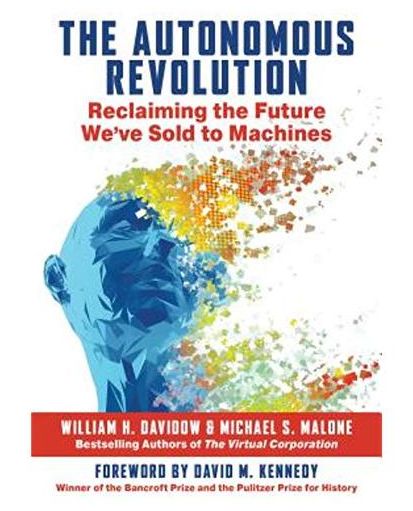The DARPA Launch Challenge has begun, with a once-stealthy startup called Astra Space aiming to launch two rockets from an Alaska spaceport within the next month and a half to win a $10 million grand prize.
The Defense Advanced Research Projects Agency set up the challenge in 2018 to serve as an added incentive for private-sector development of a highly mobile launch system that the military could use.
At first, DARPA specified that two orbital launches would have to be executed over the course of two weeks from completely separate launch sites in order to win the top prize. However, program manager Todd Master said the plan was changed for logistical and regulatory reasons. Dealing with all the hassles associated with launches from widely separated sites “wasn’t really our goal in solving the challenge,” Master told reporters today during a teleconference.






